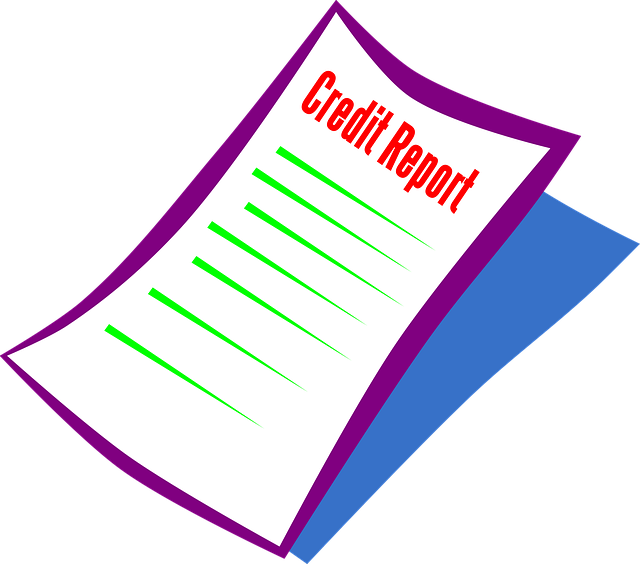FHA financing offers a welcoming path to homeownership for first-time buyers in the real estate market with low down payment requirements (3.5%) and competitive interest rates, mitigating financial constraints. However, mortgage insurance premiums add to costs. Understanding these details equips buyers to make informed decisions.
“First-time homebuyers looking for a foot in the real estate door often turn to FHA financing. This government-backed loan program offers unique advantages, especially for those with limited savings or credit. In this comprehensive guide, we’ll break down everything you need to know about FHA financing basics, eligibility criteria, and the benefits it provides. By understanding the process, you can navigate the real estate market with confidence and take the first step towards homeownership.”
Understanding FHA Financing Basics for First-Time Buyers

For first-time buyers in the real estate market, understanding FHA financing can be a game-changer. FHA, or Federal Housing Administration, offers loan programs designed to make homeownership more accessible and affordable for those who may not qualify for conventional loans due to lower credit scores or smaller down payments. These loans are especially beneficial for first-timers as they require only a minimal down payment of 3.5%, allowing buyers to keep more funds available for other essential expenses while closing costs can be rolled into the loan.
With FHA financing, borrowers also benefit from flexible credit requirements and often lower interest rates compared to other mortgage options. This is ideal for first-time buyers who may have had limited time to build a substantial down payment or a less-than-perfect credit history. It’s important to note that while these loans provide advantages, they do come with mortgage insurance premiums, which can increase the overall cost of the loan. Understanding these basics is crucial in making an informed decision regarding FHA financing for real estate purchases.
Eligibility Criteria: Who Qualifies for FHA Loans?

First-time homebuyers often turn to Federal Housing Administration (FHA) loans due to their flexible eligibility criteria and low down payment requirements, making them an attractive option in the real estate market. To qualify for an FHA loan, borrowers must meet certain conditions, including a good credit history with a minimum FICO score of 580 for a standard loan or 500 for a loan with a down payment of at least 10%. This government-backed program is designed to support individuals and families in their journey towards homeownership.
Eligible borrowers include those who demonstrate the ability to repay the mortgage, as evidenced by stable employment and income history. The FHA also considers the borrower’s debt-to-income ratio to ensure they can manage the additional housing expenses. Additionally, there are guidelines regarding property types and locations, ensuring that the real estate investment aligns with the program’s objectives.
Benefits and Process of Securing an FHA Mortgage

Securing an FHA mortgage offers significant advantages for first-time homebuyers in the real estate market. One of the key benefits is the low down payment requirement, typically just 3.5% of the purchase price, which makes homeownership more accessible and financially feasible for those entering the market for the first time. This is especially beneficial in areas with high property values where saving for a traditional 20% down payment can be challenging.
The process of obtaining an FHA mortgage involves several steps. Borrowers will need to provide financial documentation, including proof of income, assets, and employment history. Lenders will then assess the borrower’s creditworthiness and verify their eligibility based on criteria set by the Federal Housing Administration. Once approved, first-time buyers can enjoy a streamlined process, allowing them to lock in competitive interest rates and close on their dream home with relative ease. This type of financing is designed to support and guide new homeowners through the complex journey of purchasing real estate.






